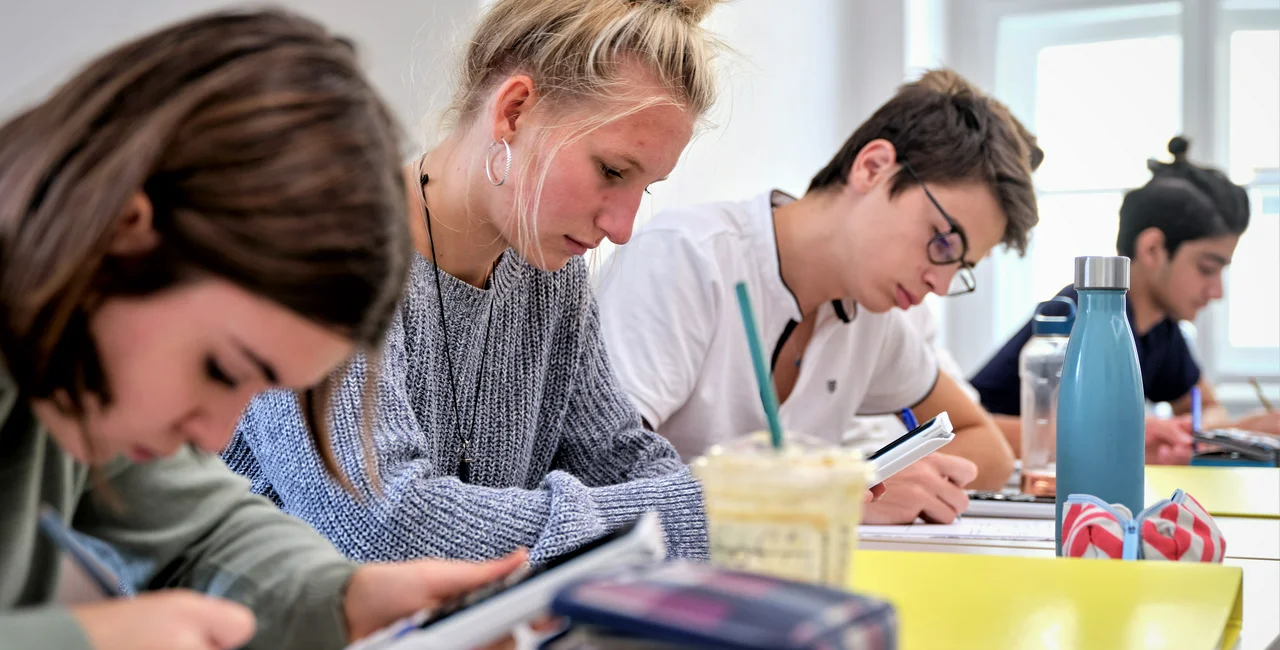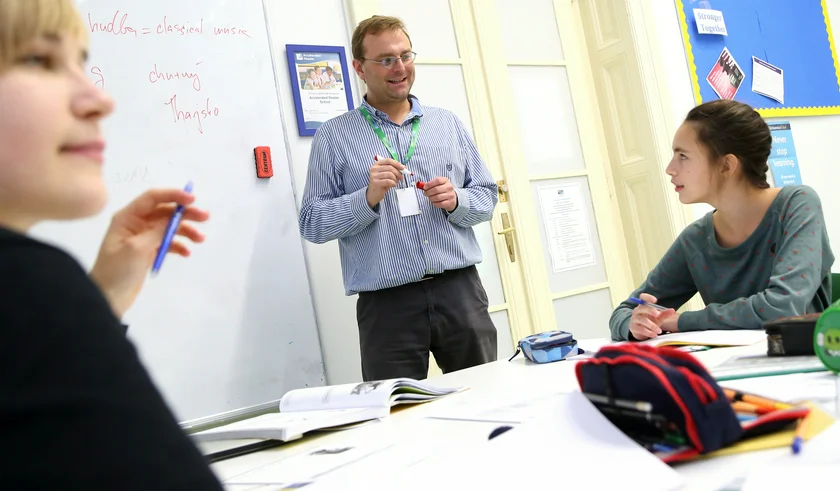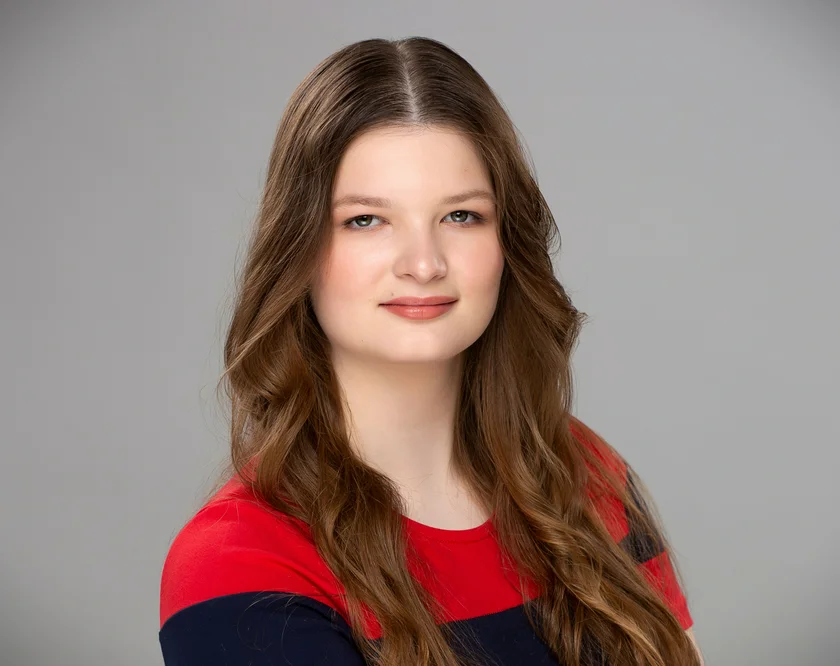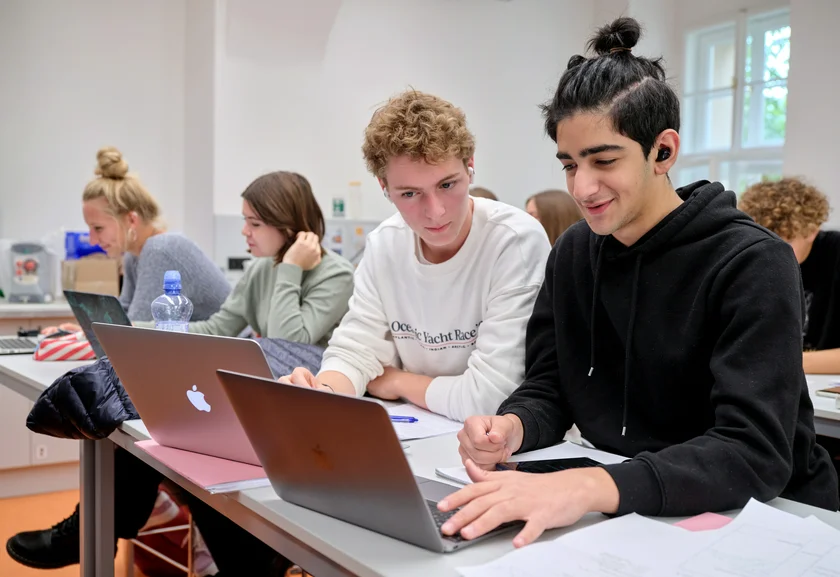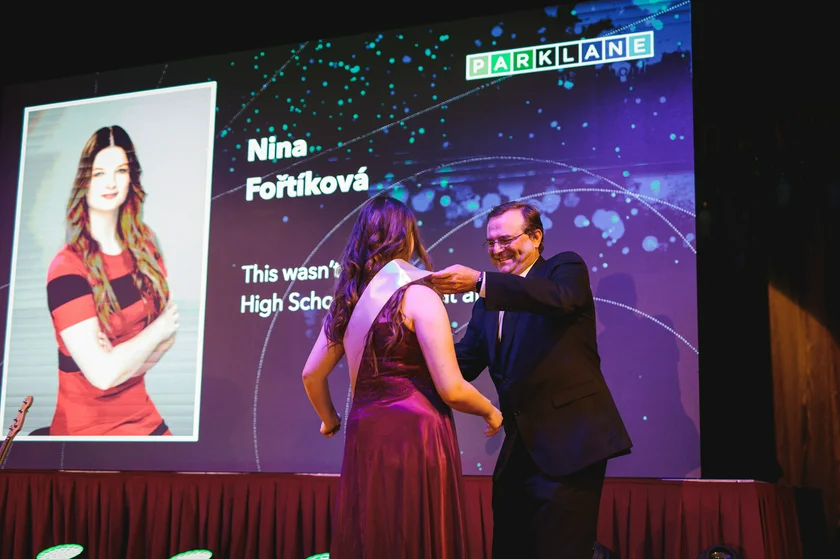The International Baccalaureate, or IB, is among the most prestigious and challenging educational paths for children aged 16-19. Especially popular in Czechia among pupils from international families, it’s widely recognized by universities and employers around the world, providing a balanced, rigorous education that prepares students to succeed in later life.
Preparing pupils for a bright future is the overall mission of Park Lane, an international school with multiple campuses throughout Prague. These campuses host children from early education all the way up to attaining the IB diploma at the age of 19.
The IB Diploma Program is the pinnacle of the school’s English-led educational offer, challenging students and pushing them to new heights of achievement while ensuring a safe and happy environment for learning. Expats.cz spoke to school staff and an ex-pupil to find out more about the program’s many benefits for later life.
A well-rounded education
A key difference between the IB Diploma Program and other educational courses is its broad scope. While other programs encourage specialization in specific topics, the IB ensures that students maintain a broad scope of learning right up to graduation.
According to Jan Čihák, Park Lane’s IB Program Coordinator, this helps students develop transferable skills, leaving their options open for further study or work in later life.
“The IB Diploma Program aims to develop students’ conceptual understanding of the world around them,” he says. “This means they are able to transfer their skills and knowledge across any domains that they study or experience. Rather than learning isolated facts, they are led to understand the ideas behind things; how and why they work.”
IB students choose six subjects, three on a standard level and three at a higher level, complemented by core elements which all IB students must complete. They also gain opportunities to develop their creativity, and they have the chance to engage in service-based projects such as working with the elderly or with disadvantaged groups.
The broad scope of the program helped former Park Lane student Nina Fořtíková make it to Cambridge University, where she now studies Land Economy. Nina tells Expats.cz that “in terms of skills, I can confidently say there is no program that could have prepared me better for this degree than the IB.”
“Having to do different subjects like math, sciences, humanities, languages and more really makes you develop a wide range of skills,” she explains. “This is especially relevant for a degree like Land Economy, but it’s also crucial for any other. I don’t think I would be able to cope with all the readings, essay writing and the intense math if I hadn’t done the IB, because I would be falling behind on at least one aspect of my current course.”
Fostering talent through scholarships
Park Lane wants to open up the exciting opportunities enabled by its IB Diploma Program to gifted pupils no matter their personal background. The school’s scholarship program for academically-gifted secondary school students aims to do just that, available for those seeking to join the IB Diploma Program in Year 12.
Scholarships are distributed based on an assessment process testing ability in English, math, logic and reasoning, as well as candidates’ capacity to benefit from Park Lane’s approach to education. Applicants undergo rigorous entrance exams and must provide evidence of academic success through school reports and a motivation letter.
The school also provides opportunities for existing Park Lane pupils to obtain scholarships for the IB Diploma Program, dependent on exceptional results in studies up to Year 11.
Independence, diversity, support
Nina’s story is an example of how Park Lane lays the groundwork for exciting higher educational journeys. Once students pass their entrance exams and start studying, they continue to benefit from IB experiences which, according to Čihák, are designed to teach “solid self-management and collaborative skills, combined with independence and inquiry.”
Nina echoes his words when she praises the IB’s focus on “responsibility and having the ability to handle your own academic organization. I am currently flooded with emails and deadlines, and I can’t imagine how I could handle this without the experience of doing the IB, where a large portion of it is independent work.”
Nina also describes how the diversity of Park Lane helped prepare her for the Cambridge academic environment.
“We have people from all over the world in one classroom, which really initiates a varied discussion with lots of different perspectives. At Park Lane, this was also the case, which helped me think about lots of different issues more critically. In this sense, Cambridge was not as big a jump as it would have been if I had done the Czech Maturita.”
Finally, Nina says the support network at Park Lane is similar to that of Cambridge. Support from tutors, supervisors and wellbeing officers, combined with small class sizes, are all elements of the Cambridge life with which she was already familiar from Park Lane.
“Here in Cambridge, everyone puts huge emphasis on asking for help,” she says. “No one expects you to do perfectly from the beginning, and receiving specialized support is key to doing well. Doing the IB at Park Lane really taught me that I can seek support, and that all of the teachers are there to help me and support me in any aspect of the course.”
Park Lane’s IB graduates go on to study at various famous universities internationally and in Czechia. According to Emma Emerich, the school’s University and Careers Adviser, “the most popular pathways that students take after graduating from the IB Diploma Program include the UK, the Netherlands, and the U.S.,” though destinations vary year-on-year.
“Some students have Czechia as their primary destination, aiming to study medicine or law in Czech, while others are interested in business, economics and international relations studied in English. The most popular university course to study last year was psychology, while this year’s potential graduates are more interested in business and economics,” Emmerich adds.
The diversity of the IB Diploma Program, and the strong support system that helps Park Lane pupils achieve their best, ensure that students are well-prepared for whichever path they choose. Whether it’s further study at home or abroad, or excelling in the world of work, Park Lane is a school designed to help young minds from all backgrounds flourish.
This article was written in cooperation with the Park Lane International School. Read more about our sponsored content policy here.












 Reading time: 5 minutes
Reading time: 5 minutes 